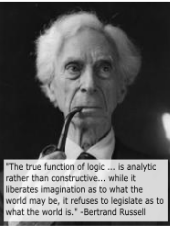
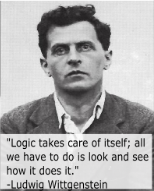

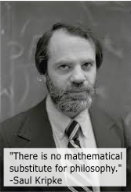
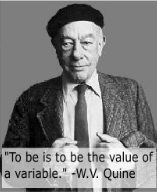
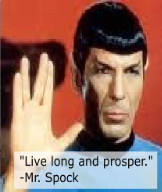
Welcome!
This is the website for Introduction to Logic with me, Mike Gavin.

About Me
I grew up in Redford township, a smart but rebellious kid with limited academic inclinations. In college I discovered a love of philosophy, which also led to an appreciation and interest in other academic subjects. I was awarded a fellowship to pursue graduate studies, and stopped short of a PhD as I became more focused on teaching. I am also a lifelong musician, having been brought up with music by my dad, a traditional fiddler from Co. Clare, Ireland. We often play music together, sometimes with my younger brother, at venues around Michigan and the Midwest.
Some of my favorite things about teaching are introducing students to new and unexpected questions, instigating vigorous (perhaps volatile) discussions, and challenging students to be precise in formulating their thoughts.
About This Class
The subject of our class is basic logic. Logic is the study of reasoning. It concerns a number of questions like the following.
- What makes some reasoning good and other reasoning bad?
- What patterns occur in reasoning and how can they be recognized?
- Why are people sometimes persuaded by faulty reasoning?
The list could go on.
In logic, the subject matter about which someone reasons is far less important than the patterns of reasoning themselves. Because of this, and for other reasons, a class like ours is very different from any other philosophy class. In our class, we do not typically do most of the things you may have come to associate with the term "philosophy." We do not discuss our opinions about social norms, trends, or values; nor the arguments for and against the existence of super-natural forces or beings, and so on. We are interested in the relationships between types of statements, and the linguistic phenomena that contribute to, signal, or potentially obscure those relationships. Because it concerns relationships between abstractions, logic is sometimes considered a branch of math as well as a branch of philosophy. The class also differs from other philosophy classes in that there are established answers to many questions about logic, which is very rare or non-existent in any other branch of philosophy. I am telling you about these differences between our class and stereotypical images of "philosophy class" here on the welcome page because, students often realize mid-semester that the class is not at all what they expected.
There are many benefits to studying logic. The patterns of reasoning we will explore apply to all other subjects as well as philosophy. Students who know their logic well perceive identical or similar patterns in mathematics, computer science, the sciences, argumentative writing, and other areas of study. There is also some evidence that a solid background in logic can improve scores on tests for advanced studies like the GRE, LSAT, GMAT, and others, and that it can even boost overall IQ. This article from Atlantic Monthly discusses what many students are getting from philosophy, and this is one class in which we especially focus on the skills and areas mentioned there.
I divide the course into 4 units, as follows:
- Unit 1: Basics of Arguments
- We will explore the fundamental element of reasoning, the argument.
- Unit 2: Propositional Logic
- We will delve into symbolic logic, which formalizes patterns of deductive reasoning.
- Unit 3: Categorical Logic
- Relationships between categories will be explored.
- Unit 4: Informal Fallacies
- In this unit, you will learn to distinguish common errors in reasoning, how to spot them, and why people fall into them.
Videos Pertaining to Logic and Its Importance
Here's a fun Star Trek video on how logic saves planets from extinction. Watch it if the mood strikes you. The logic part starts about half way through.
I haven't found a more serious short video about the importance of logic. But if you're up for something a bit more involved, check out at least some of Daniel Dennett's discussion on thinking tools.
Getting Started
Proceed to the Unit 1 page to begin the first few lessons of the course.